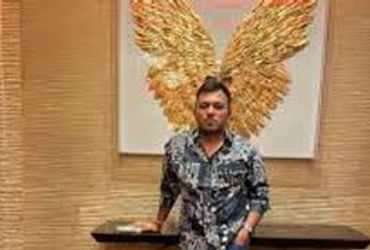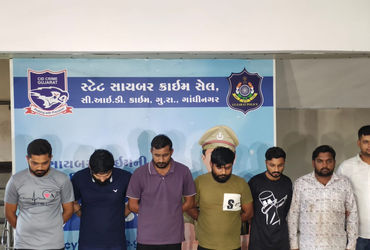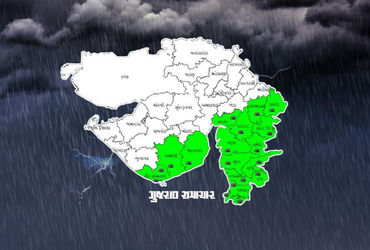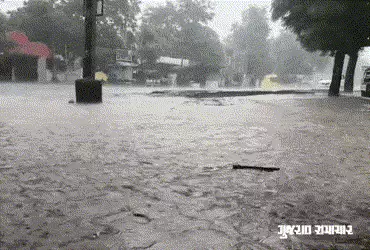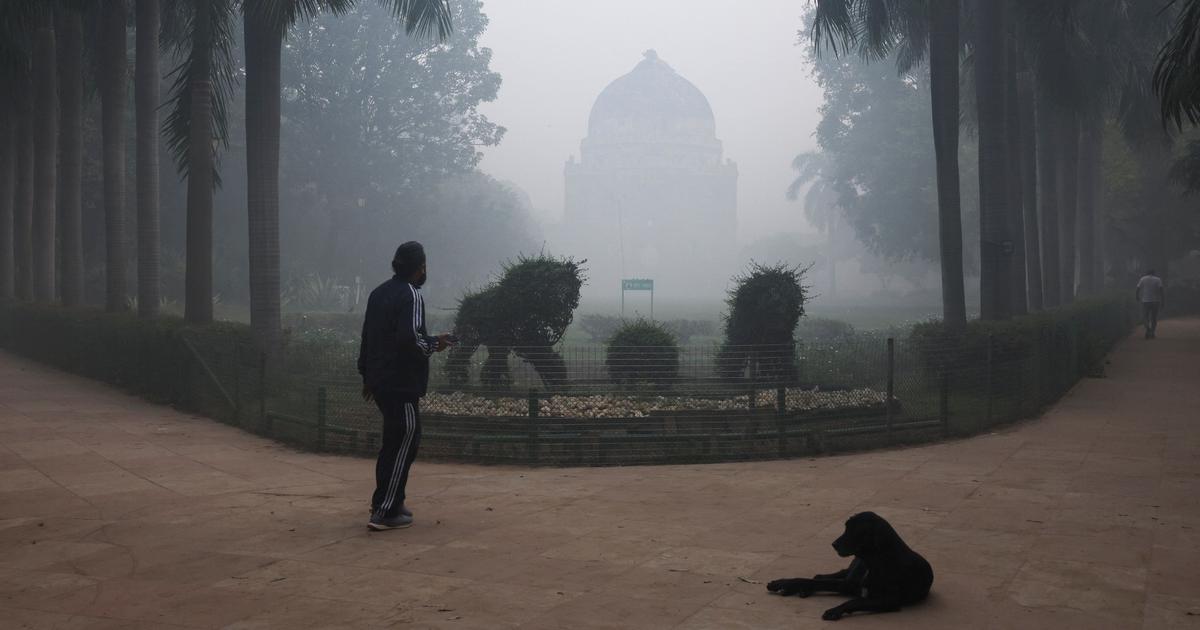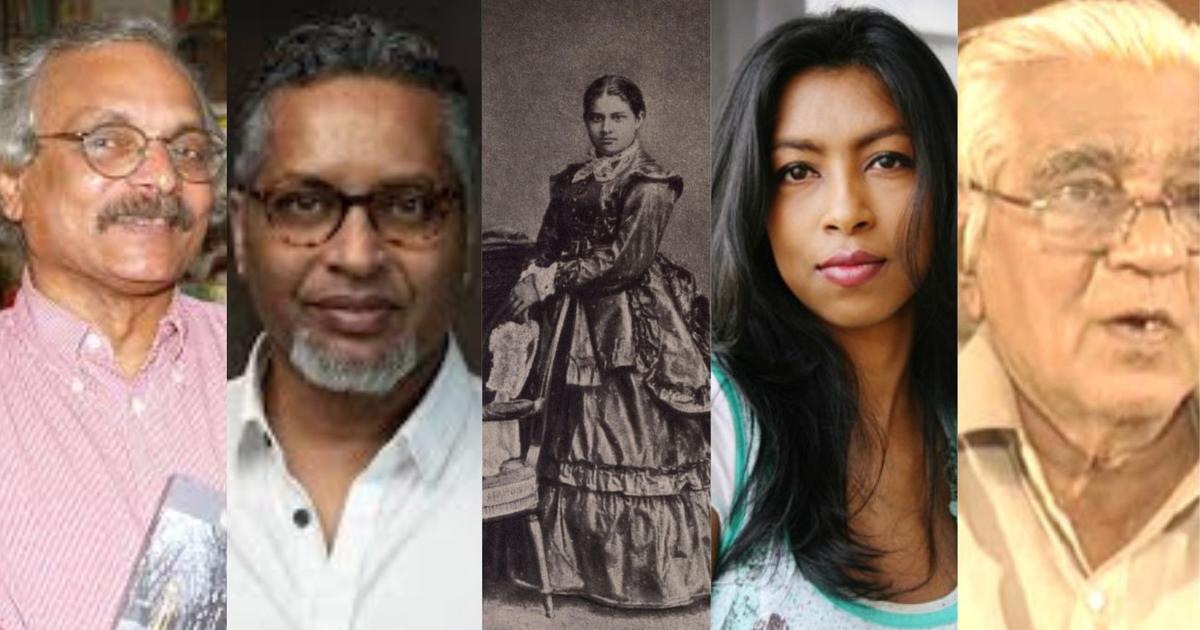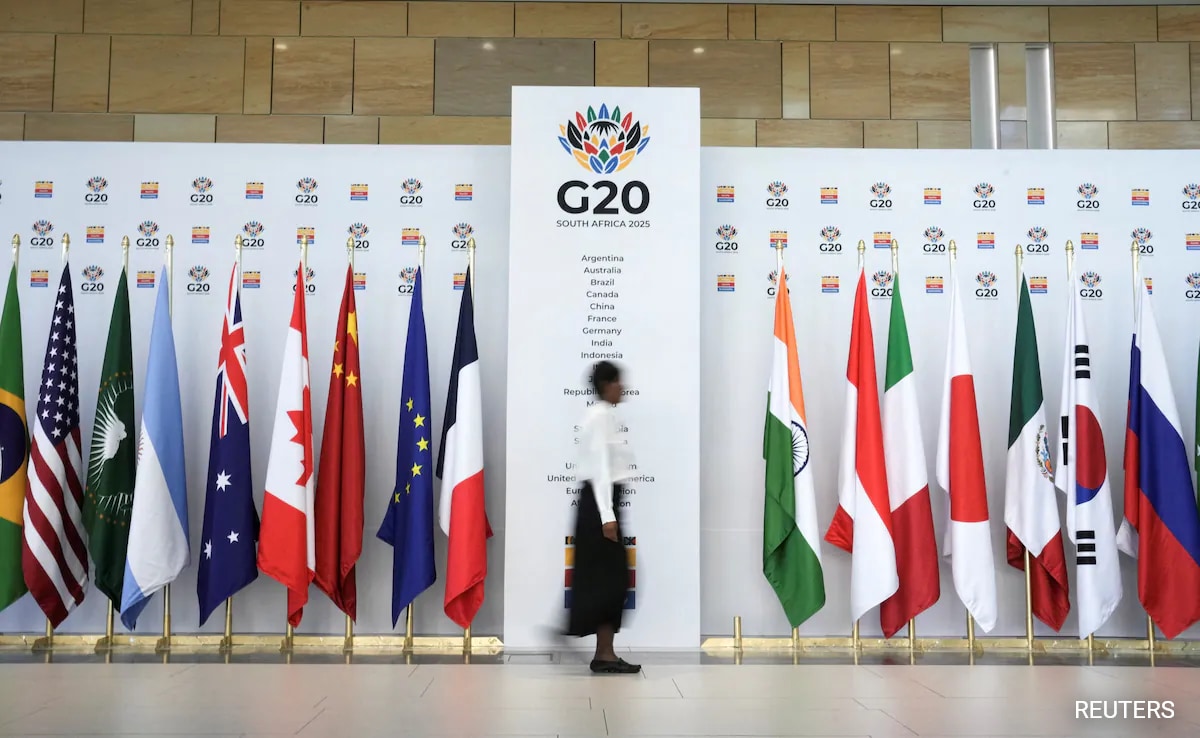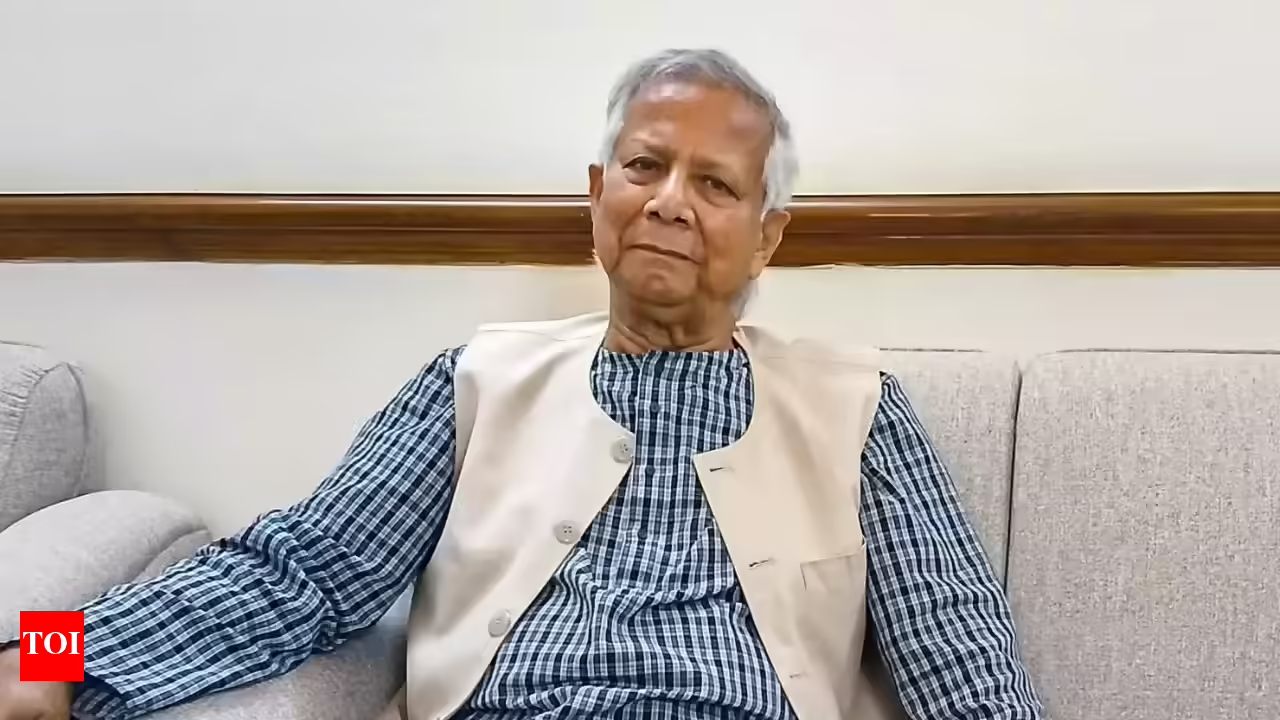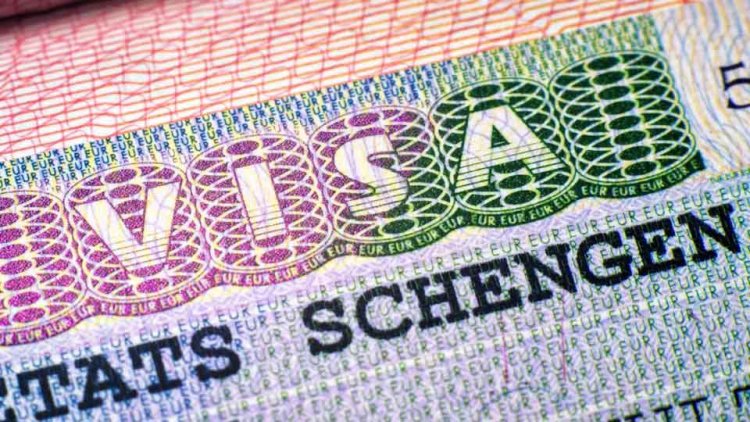WG Sebald’s early critical essays mine his great literary themes – exile, trauma, memory and war
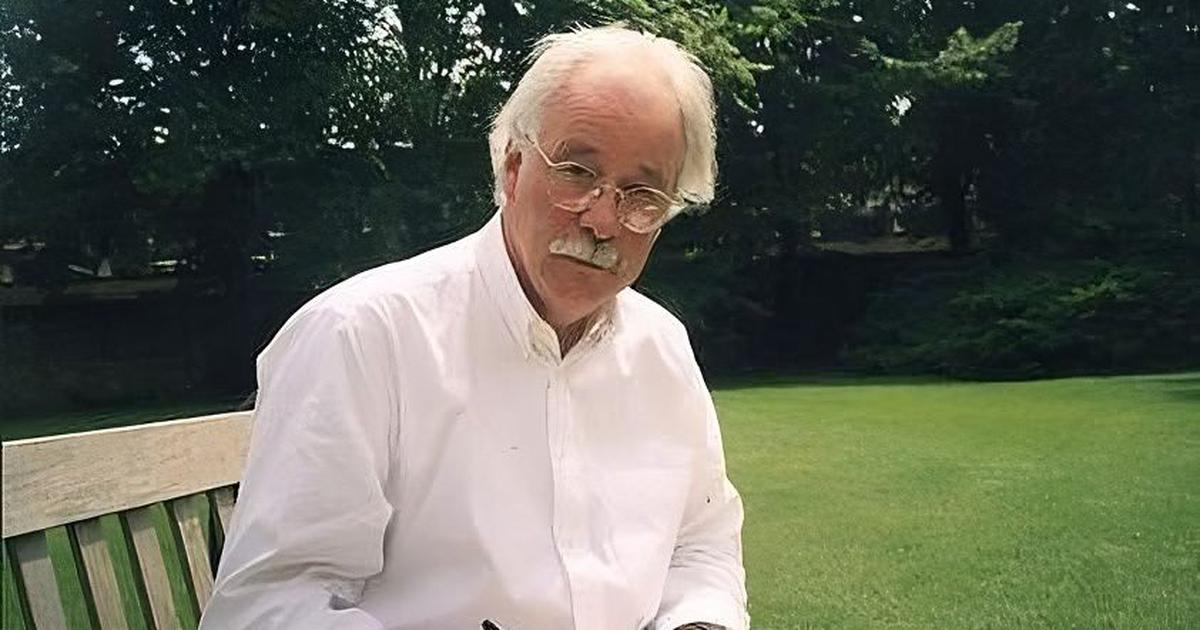
Join our WhatsApp Community to receive travel deals, free stays, and special offers!
- Join Now -
Join our WhatsApp Community to receive travel deals, free stays, and special offers!
- Join Now -

“Author as well as professor,” was how Winfried Georg (“Max”) Sebald styled himself in the note attached to an article he contributed to a 1990 issue of the experimental Austrian journal, Trans-Garde. Sebald had long harboured a desire to be an author and had a clear plan for becoming one. It included both teaching literature and producing scholarship.
Reading his critical essays, Silent Catastrophes: Essays in Austrian Literature, compiled from Sebald’s two earlier volumes Die Beschreibung des Unglücks (1985) and Unheimliche Heimat (1991), it is possible to see how in the context of his academic career this famed author could be described in Roland Barthes’s terms as a scholar of readerly classical works who became an author of writerly experimental texts.
Perhaps more so, reading these newly translated essays amid (at least) two current wars, it is hard to ignore the currency of this author-professor’s early critical works as explorations of what history may fail to register.
For Sebald, the past seeks its form in literary expression by aiming to articulate the trauma of its destructiveness and the melancholy of lost homelands.
Sebald’s view of history is calamitous and influenced by Walter Benjamin’s “angel of history” as described in his final essay, Theses on the Philosophy of History. Sebald admired the angel as a figure for thinking about...
Read more
What's Your Reaction?
 Like
0
Like
0
 Dislike
0
Dislike
0
 Love
0
Love
0
 Funny
0
Funny
0
 Angry
0
Angry
0
 Sad
0
Sad
0
 Wow
0
Wow
0
